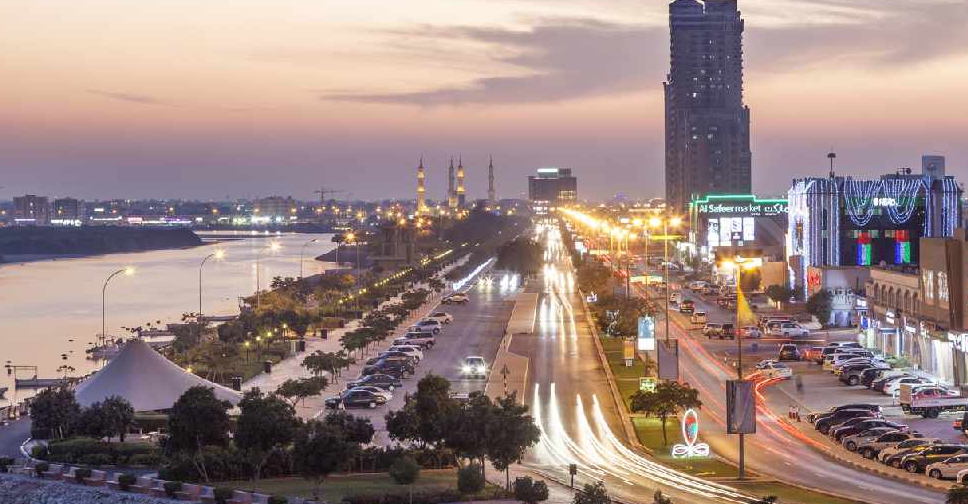
Only those who've received their COVID-19 jabs or are participating in a vaccine trial will be allowed to attend public events in Ras Al Khaimah.
That's according to the Ras Al Khaimah Government Media Office, who added that these will include sporting, social and cultural events.
In addition, a negative PCR test result, with a 48-hour validity, must be presented.
The authority added that the vaccination details must be updated on the Al Hosn app.
رأس الخيمة تمدد العمل بتطبيق الإجراءات الاحترازية والوقائية للحد من انتشار فيروس "كوفيد-19" حتى تاريخ 31 أغسطس.
— Ras Al Khaimah Government Media Office (@RAKmediaoffice) July 4, 2021
Ras Al Khaimah extends the implementation of COVID-19 preventive and precautionary measures until August 31 pic.twitter.com/xzBWC1UtHi
This comes after the authorities extended the COVID-19 safety protocols until August 31 to curb the spread of COVID-19.
Access to public beaches and parks will be limited to 70 per cent of the total capacity, while public transport, cinemas, recreational events and activities, fitness centers and gyms, hotel swimming pools and beaches will be capped at 50 per cent.
Shopping malls are allowed to operate at 60 per cent capacity.
Restaurants and cafes must ensure 2-meter distance between tables, with a maximum of 4 people at a table, except for members of the same family
Family gatherings and community events, such as weddings will continue to be limited to 10 people, while funerals can have a maximum of 20 people.
The 2-meter social distancing guidelines and the facemask rule will remain in place.




 UAE withdraws additional Nestlé baby product
UAE withdraws additional Nestlé baby product
 UAE President discusses bilateral ties with Slovakia PM
UAE President discusses bilateral ties with Slovakia PM
 UAE readies 4,000 tonnes of aid for Gaza via Saqr Humanitarian Ship
UAE readies 4,000 tonnes of aid for Gaza via Saqr Humanitarian Ship
 UAE, EU discuss regional developments
UAE, EU discuss regional developments
